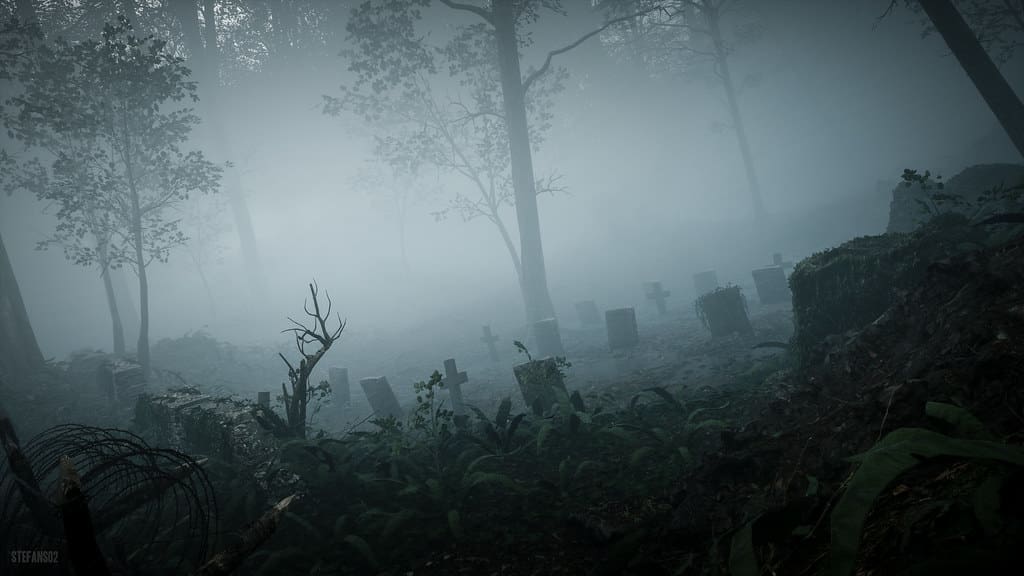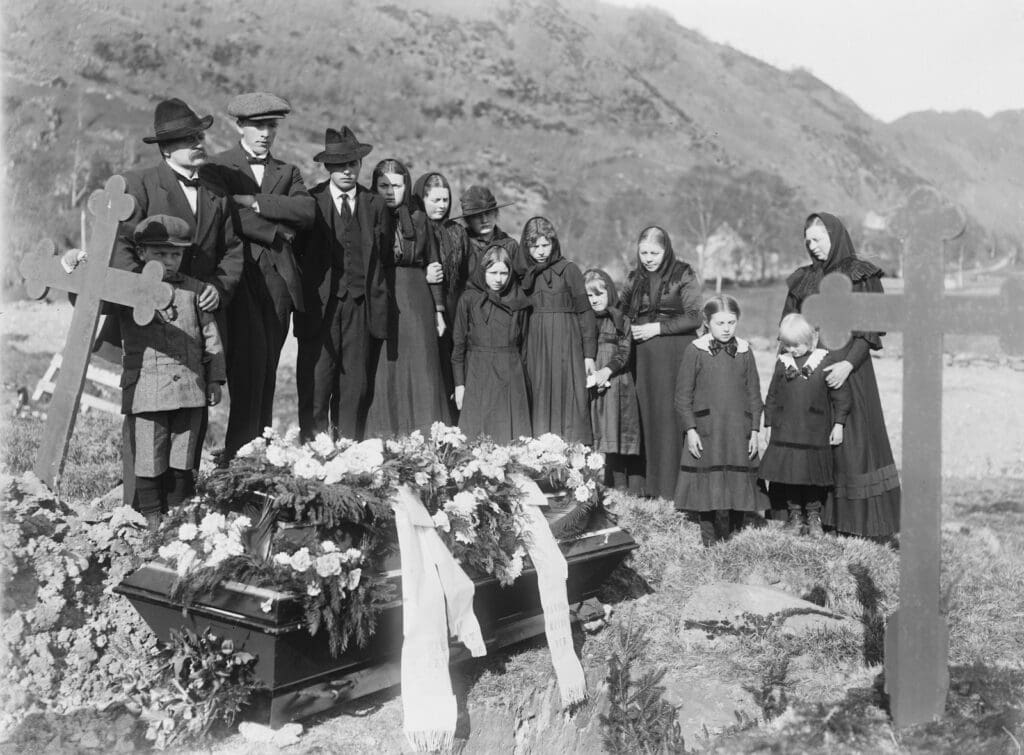Everyday language is full of phrases that seem innocent yet hide shockingly grim backstories. These expressions are so embedded in modern speech that their origins often go unnoticed. Let’s uncover the dark secrets behind 15 of these common phrases.
1. “Bite the Bullet”

Today, this phrase means to endure something painful with courage. Its origin, however, is far less metaphorical. In times before anesthesia, soldiers undergoing surgery on the battlefield were told to bite down on a bullet to cope with the pain—because why not add dental trauma to the mix?
2. “Saved by the Bell”

Now it’s used when someone is rescued just in time, but its roots lie in the 19th century’s morbid fear of being buried alive. Safety coffins were equipped with bells so that anyone accidentally buried while unconscious could alert the living. Imagine waking up underground, ringing for dear life—a horror movie waiting to happen.
3. “Butter Someone Up”

When you butter someone up, you’re flattering them to get what you want. This odd phrase comes from an ancient Indian custom where devotees threw balls of butter at statues of gods to seek their favor. Flattering deities with dairy? Smooth.
4. “Riding Shotgun”

These days, it’s all about calling dibs on the front seat, but in the Wild West, riding shotgun was no casual affair. The person in this seat carried a shotgun to fend off stagecoach bandits. Turns out, sitting up front was as much about firepower as legroom.
5. “Bury the Hatchet”

Making peace is the modern meaning here, but the phrase originated with Native American tribes. During peace negotiations, weapons were literally buried to signify the end of conflict. A practical yet profound gesture—though hopefully no one forgot where they put the hatchet.
6. “Kick the Bucket”

Now a lighthearted euphemism for death, this phrase might trace back to a gruesome method of execution or suicide. The condemned person would stand on a bucket with a noose around their neck, then kick the bucket away. Suddenly, the phrase feels less whimsical.
7. “Pulling Someone’s Leg”

This playful phrase actually has criminal origins. Thieves in the 18th century would trip victims by pulling their legs, making them easier to rob. Next time someone “pulls your leg,” at least you’ll keep your wallet close.
8. “A Baker’s Dozen”

This extra-loaf tradition stems from medieval England when bakers added a 13th loaf to avoid severe punishment for shortchanging customers. These punishments could include hefty fines or public flogging. Apparently, 13 wasn’t unlucky for bakers—it was insurance.
9. “Cat Got Your Tongue?”

We use it to ask why someone’s silent, but its past is gruesome. It may originate from the practice of cutting out liars’ tongues and feeding them to cats. Next time someone says it, you might want to respond.
10. “Let the Cat Out of the Bag”

Spilling secrets has nothing to do with felines but rather with medieval market scams. Farmers would sell pigs in sacks, but sneaky ones might swap the pig for a less valuable cat. Unveiling the cat literally exposed the fraud.
11. “Burning the Midnight Oil”

It’s a nice way of saying you’re working late, but in older times, it wasn’t always by choice. People often burned oil late into the night while doing grueling, low-paying work. The modern version feels tame compared to the exhausting reality.
Read More: 10 Surprising Facts About Our Feline Friends
12. “Go Cold Turkey”

Quitting something abruptly sounds rough, but the phrase’s origins are even worse. It refers to the clammy, pale skin of withdrawal, resembling cold turkey meat. It’s a visual that makes quitting cold turkey sound even less appealing.
Read More: 20 Phrases You Didn’t Know Were Offensive Now
13. “Under the Weather”

Feeling sick? In the past, this phrase referred to sailors who, when unwell, were sent below deck to recover from bad weather. It’s a reminder that modern medicine beats rocking on stormy seas.
Read More: 15 TV Catchphrases From the 90s We’ll Never Forget
14. “Mad as a Hatter”

A quirky way to describe eccentricities, this phrase comes from the 18th and 19th centuries when hatmakers used mercury in their craft. Prolonged exposure caused tremors, mood swings, and hallucinations—basically, the mad hatter stereotype.
Read More: 15 Gen Z Slang Terms You Should Know
15. “The Writing on the Wall”

Today it means an ominous sign, but it comes from the biblical Book of Daniel. A mysterious hand wrote on a wall, predicting the fall of a kingdom. Less a helpful heads-up and more a terrifying prophecy.
Read More: You Might Be the WORST Boss if You Say These Phrases








